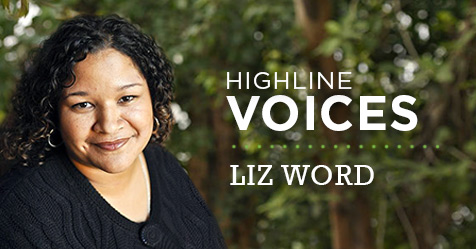By Liz Word
“If you get, give. If you learn, teach.”
— Maya Angelou
I am the bi-racial daughter of an extra-marital affair, born in Vancouver, Washington, and placed in a foster home at birth.
At the time there was a movement to avoid placing black children with white adoptive parents. Then and now, children of color spend more time in foster care and make up a disproportionate number of children in the child welfare system than their white counterparts.
I was lucky. In 1972, when I was 5-and-a-half months old, my amazing parents, Paul and Marianne, who happen to be white, took a leap of faith and adopted me. They understood that there were things they didn’t know about raising a black child, but my mother always told me growing up, “I can’t teach you how to be a black woman, but I can teach you how to be a strong woman. You’ll have to figure out the ‘black’ part yourself.”
That day in December, I was given a gift. The gift of life; the gift of two parents who wanted a child to love and provide for; two parents who, although they happened to be white and I’m bi-racial (black and white), gave me what every child deserves: loving parents, a safe home and a healthy environment both physically and mentally. As two white upper-middle-class psychologists, my parents also provided me the gift of privilege, their middle-class privilege. In fact, their white middle-class privilege.
As a child, I benefited from belonging to a highly educated family. It was an expectation that I would go to college. I had the privilege to travel and the privilege to learn about other countries and cultures. I had the privilege to spend a summer session at Georgetown University’s Junior Statesman Summer School as a high-school student, travel to student conferences throughout the West Coast, and spend every summer in high school on a college campus at volleyball camp. Because of my family connections and privileges, I had social capital. Robert Putman in “Bowling Alone: America’s Declining Social Capital,” describes that capital as a “social organization such as networks, norms, and social trust that facilitate coordination and cooperation for mutual benefit.” These networks and an understanding of the social norms of the dominant culture made my transition to a predominantly white university easy and natural. …
This article was originally published in the Federal Way Mirror on August 5, 2016.
About the Author
About Highline Voices
Highline Voices brings a range of diverse perspectives to our community, featuring the expertise of Highline College staff and faculty. Read other articles in the Highline Voices series that began in 2016. All Highline employees are welcome to contribute to the series. Email Tanya Powers or Kari Coglon Cantey for guidelines.


